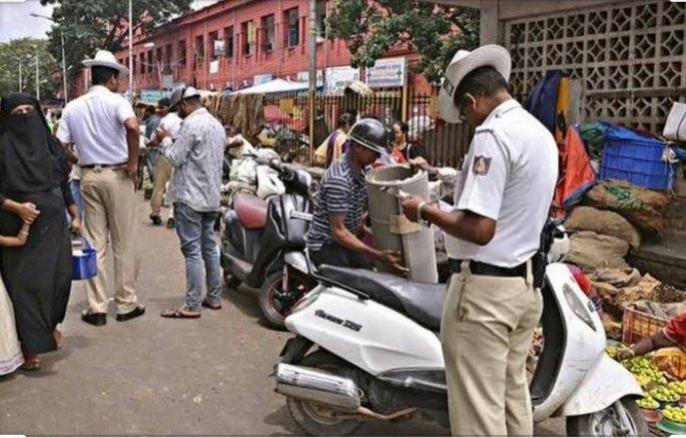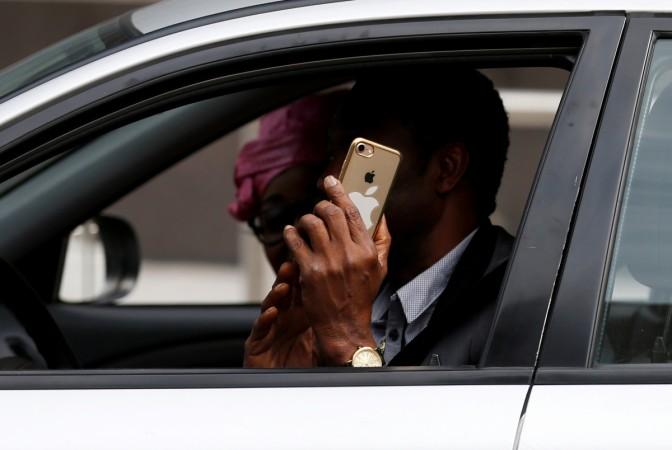Rs 10,000 for drunk driving, Rs 1,000 for no helmet; traffic violations to cost dearly in India

In a significant move to enhance road safety and curb traffic violations, the Indian government has announced a stringent set of traffic rules to be implemented from March 1, 2025. The new regulations include increased penalties for traffic violations, with fines for serious offences being raised by up to 10 times. This initiative is a response to the alarming rise in reckless driving, drunk driving, and traffic violations, and reflects the government’s zero-tolerance policy towards traffic offenders.
The new penalties are not just financial; they also include the possibility of jail time and community service for serious offenses. For instance, driving under the influence could result in a fine of Rs 10,000 and/or six months in jail. Repeat offenders could face a fine of Rs 15,000 and up to two years in jail, a significant increase from the previous fine of Rs 1,000 to Rs 1,500.
The penalties for not wearing a helmet have also been increased. Previously, the fine was a mere Rs 100, but now it has been raised to Rs 1,000, and the offender’s license could be scrapped for three months. The same penalty applies to those who don’t use seat belts.
Stricter penalties for distracted driving and other offences
The use of a mobile phone while driving, which is a major cause of distracted driving, will now attract a fine of Rs 5,000, a tenfold increase from the previous Rs 500. Driving under an invalid license or without insurance will now invoke penalties of Rs 5,000 and Rs 2,000 respectively, with the threat of three months of imprisonment and community service. Repeat offenders against insurance regulations will incur Rs 4,000 penalties.

The new rules also cover other offences such as triple riding on a two-wheeler, which is now punishable with a Rs 1,000 fine, and risky driving or racing, which will attract a Rs 5,000 fine. Failure to give way to emergency vehicles such as ambulances will incur a Rs 10,000 fine. Signal jumping is now punishable with a Rs 5,000 fine, and overloading vehicles will attract an astounding Rs 20,000, a significant increase from the previous Rs 2,000.
For juvenile offenders, the penalty is Rs 25,000, along with three years of imprisonment, revocation of registration, and prohibition from holding a license up to 25 years of age.
These new rules and penalties are part of a global trend towards stricter traffic laws. Many countries are enforcing new, stricter motor vehicle fines to address the issue of reckless driving and traffic violations. The most significant change in many of these places, including India, is the hefty fine for drunk driving.
In addition to the increased fines, the Indian government is also implementing measures to improve road infrastructure, particularly in high-traffic areas, to reduce congestion and minimize the risk of accidents. This includes the regulation of driving schools, with all driving schools required to be registered and graded, and only certified instructors allowed to train new drivers.
The government is also taking steps to protect property owners from squatters by establishing a clear and expedited removal process. This is part of a larger effort to improve public safety and crack down on crime.